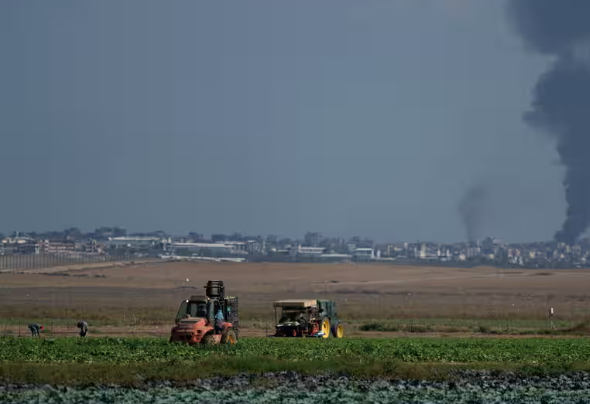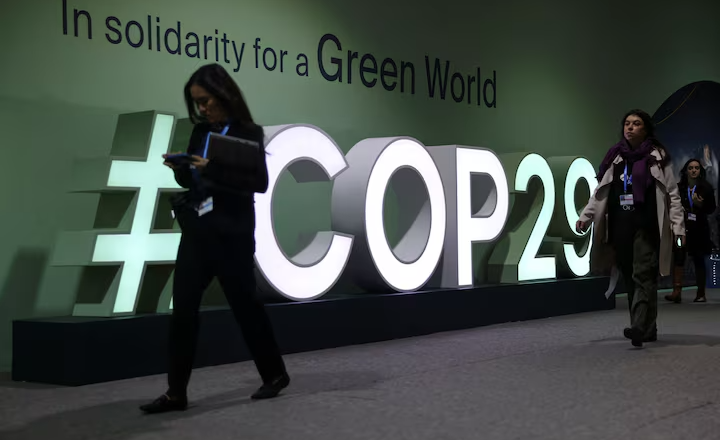In a move that challenges longstanding Iranian policy, reformist clerics in Iran have sparked a debate on whether the country should support a two-state solution for Israel and Palestine, which would imply recognizing the existence of Israel. Since the 1979 revolution, anti-Zionist slogans have been integral to Iranian ideology, similar to the Palestine Liberation Organisation's stance before the 1990s Oslo accords.
Under former President Mohammad Khatami, Iran proposed a one-state solution via a referendum that would only allow descendants of pre-1948 inhabitants and Palestinian refugees to vote, effectively sidelining Israeli Jews. Iran’s leadership has historically viewed Israel as a colonial settler state, with some officials even engaging in Holocaust denial. Last week, Iran declined to attend a conference in Riyadh focused on advancing a two-state solution.
However, on October 21, the assembly of scholars at Qom Seminary, a reformist-leaning clerical body, issued a statement advocating the “return of the Zionist regime to its legal borders prior to the 1967 aggression and the formation of an independent Palestinian state.” This suggestion of a two-state solution sparked protests in Qom, with hardline media outlets condemning the assembly’s statement as “propaganda for the enemy.” Iran’s judiciary head hinted that disciplinary measures against the seminary could be taken. The seminary later clarified its opposition to Israel but maintained that establishing a Palestinian state could end the violence.
Historian Arash Azizi noted that the debate reflects a division between advocates of revolutionary anti-Zionism and those favoring pragmatic diplomacy focused on Iran’s national interests. With the aging Supreme Leader and an impending leadership transition, Azizi suggested Iran may need to reevaluate its foreign policy approach. He highlighted that former Foreign Minister Mohammed Javad Zarif had noted public fatigue with a government appearing “more pro-Palestinian than the Palestinians themselves.”
The possibility of Iran softening its stance on the two-state solution has been gradually building, as demonstrated by its support for a UN resolution in December—albeit with reservations—that recognized the two-state solution as the only viable path for Israeli-Palestinian peace.





